Live with ASI is a monthly broadcast program that showcases recently published content from the Arab Studies Institute’s various branches. This content includes articles, reviews, pedagogical resources, podcasts, and more. Also featured in the broadcast are brand new interviews and discussions with authors and contributors.
This month co-hosts MK Smith and Bassam Haddad highlighted two newly released books that are featured in New Texts Out Now series and also offered some Must Read selections featuring pieces on the protests in Iran, urbanism in the Middle East, and a Status interview about factionalism in Palestine.
The episode also features interviews with Max Weiss, Jehad Abusalim, Noura Erakat, Brahim El Guabli, Isis Nusair, Mohamad Ali Nayel, Kali Rubaii, William Carruthers and Mouin Rabani.
NEWTON
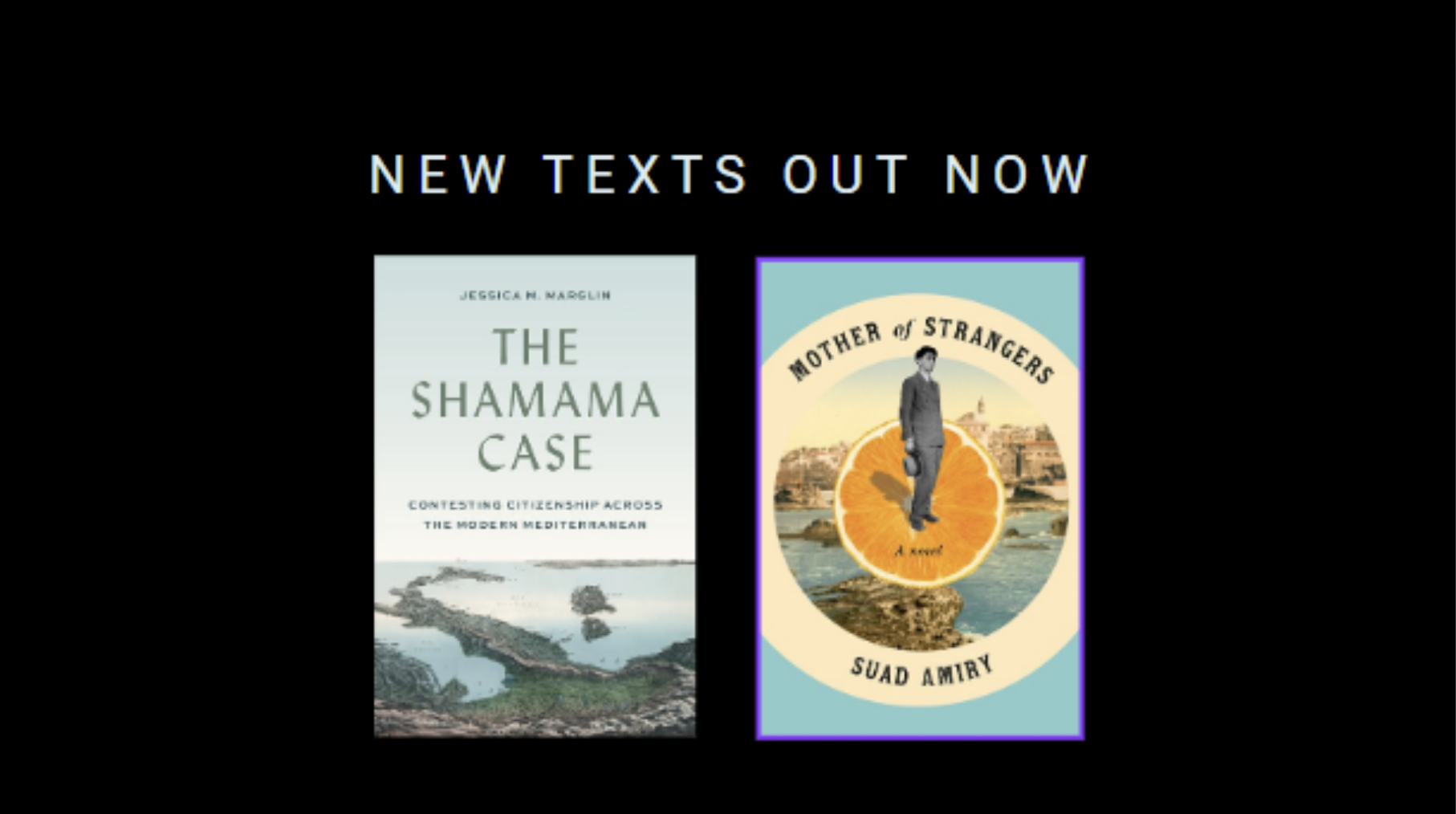
MK and Bassam highlighted a fascinating interview with Jessica M. Marglin about her new book “The Shamama Case: Contesting Citizenship Across the Modern Mediterranean'', which is a study of how we talk about and approach Citizenship. They also touched on a really interesting discussion with Suad Amiry about her new novel “Mother of Strangers” which centers the human tragedy of the Nakba in 1948.
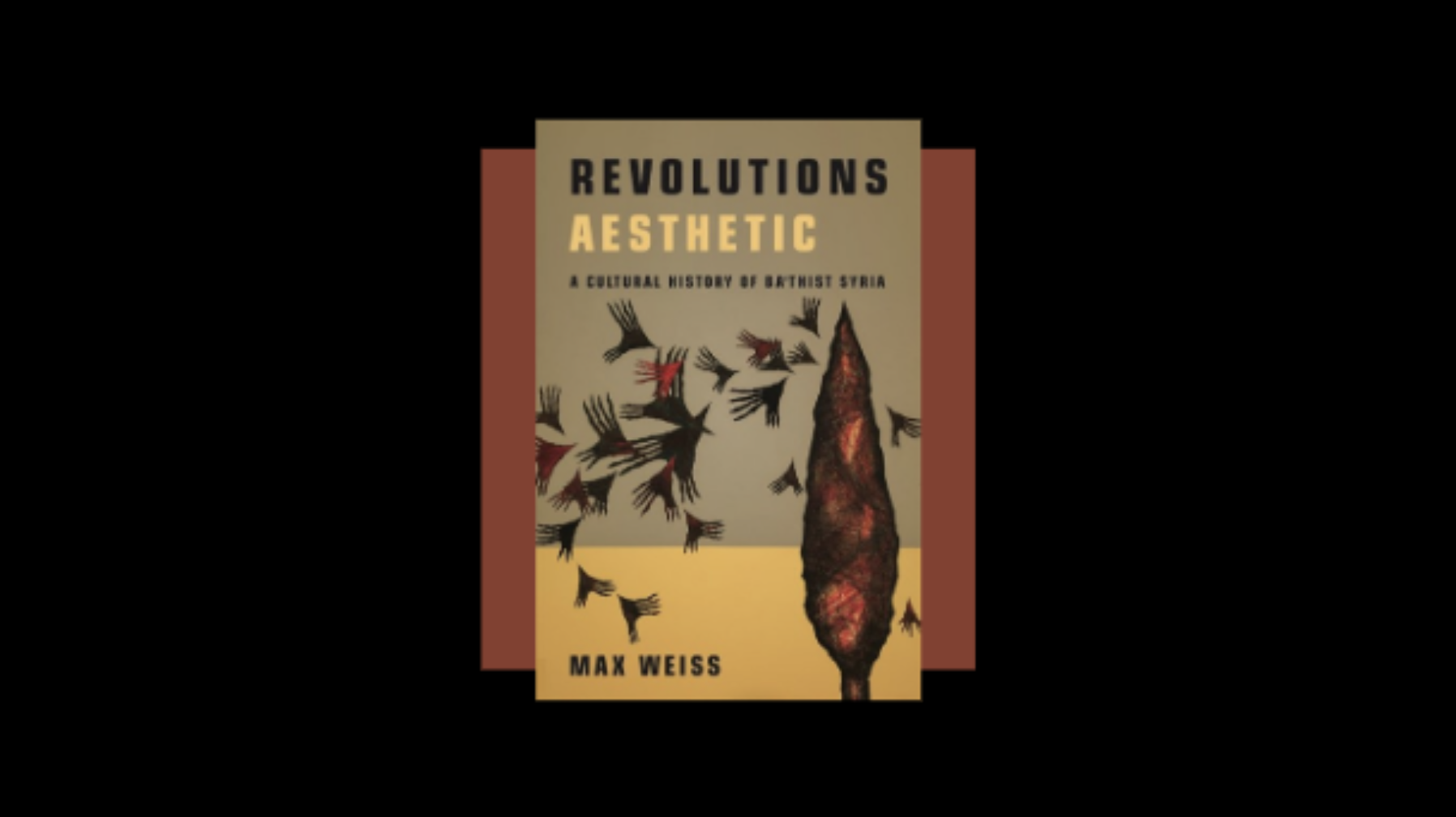
NEWTON also recently published a discussion with Princeton Professor Max Weiss about his latest work titled “Revolutions Aesthetic: A Cultural History of Baʿthist Syria” whichdeveloped out of the author's interests in the intellectual and cultural history of modern Syria.
Max Weiss joined MK and Bassam to provide some valuable insight into that history, as well as what he sees for the future of Syria as the tragedy of the last decade continues to unfold.
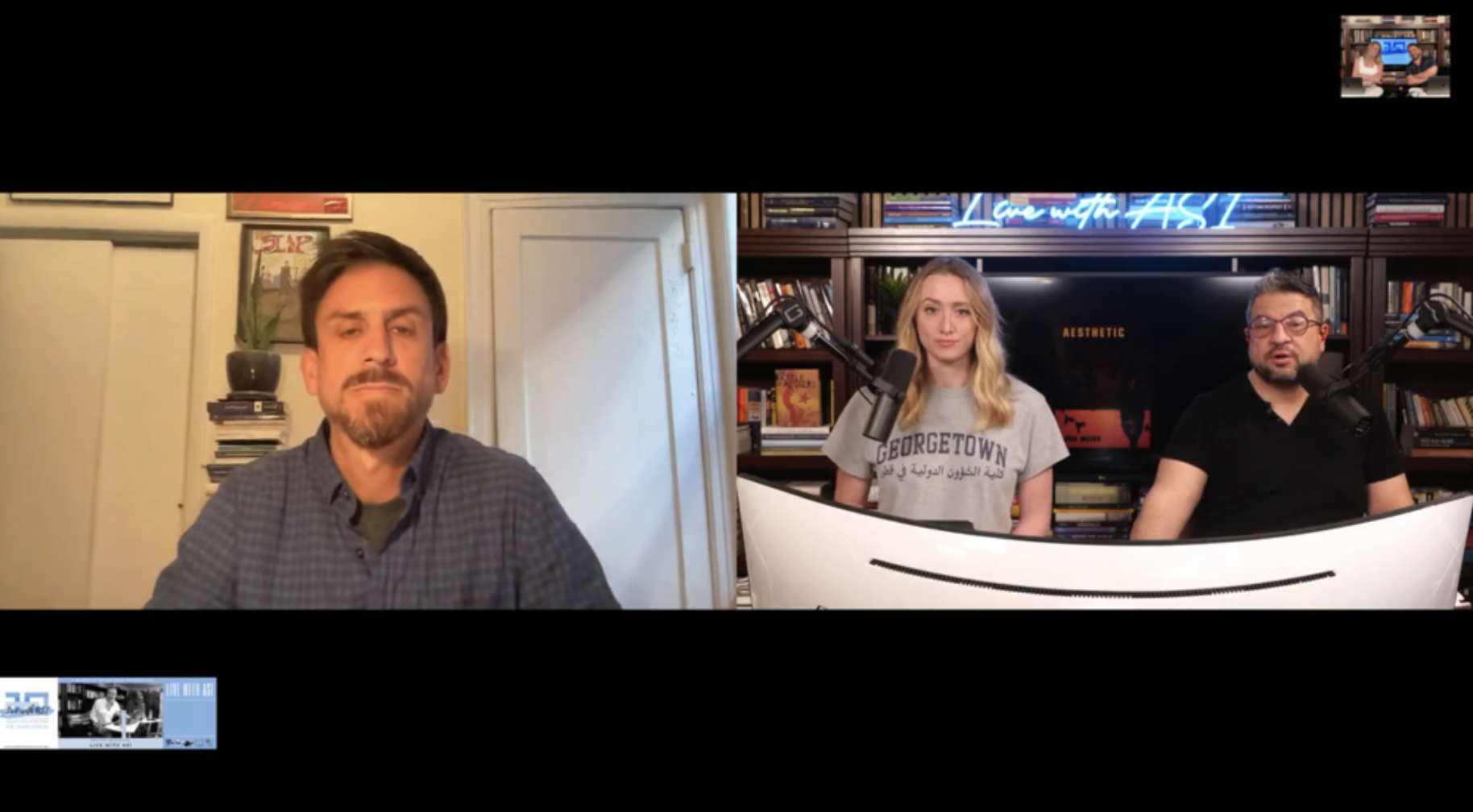
Professor Max Weiss in Discussion with MK and Bassam.
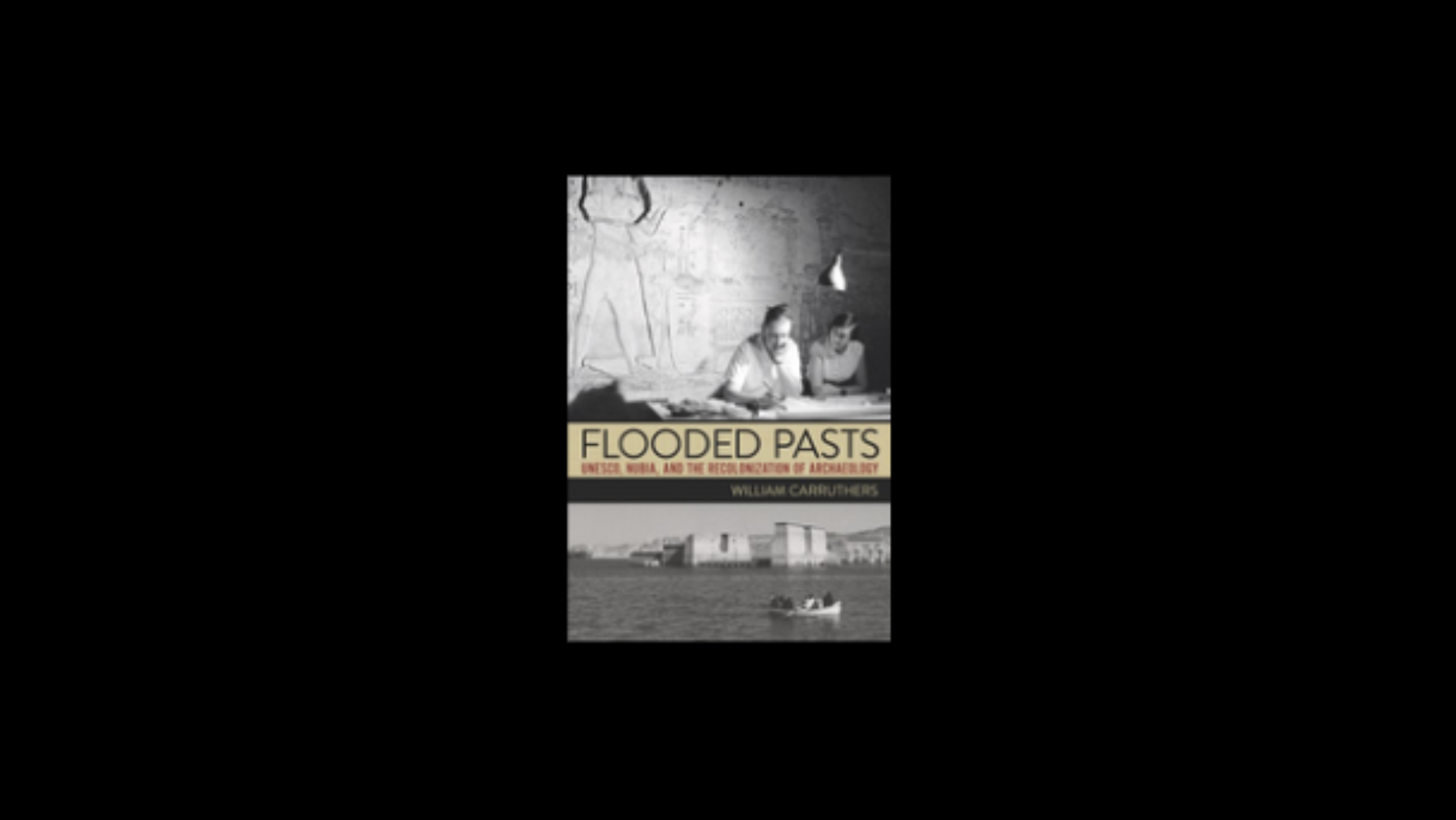
Also in NEWTON you can also find an interview with Historian and Lecturer William Carruthers about his new book “Flooded Pasts”. The book revolves around a major event in the development of what became World Heritage, and takes a deep dive into UNESCO and what the author terms “the recolonization of Archaeology”.
He joined Bassam and MK to provide broader context for his research, and to explain how this particular work fits therein. Definitely an enlightening interview for anyone interested in the politics of archaeology in the region, which you can read at Jadaliyya.
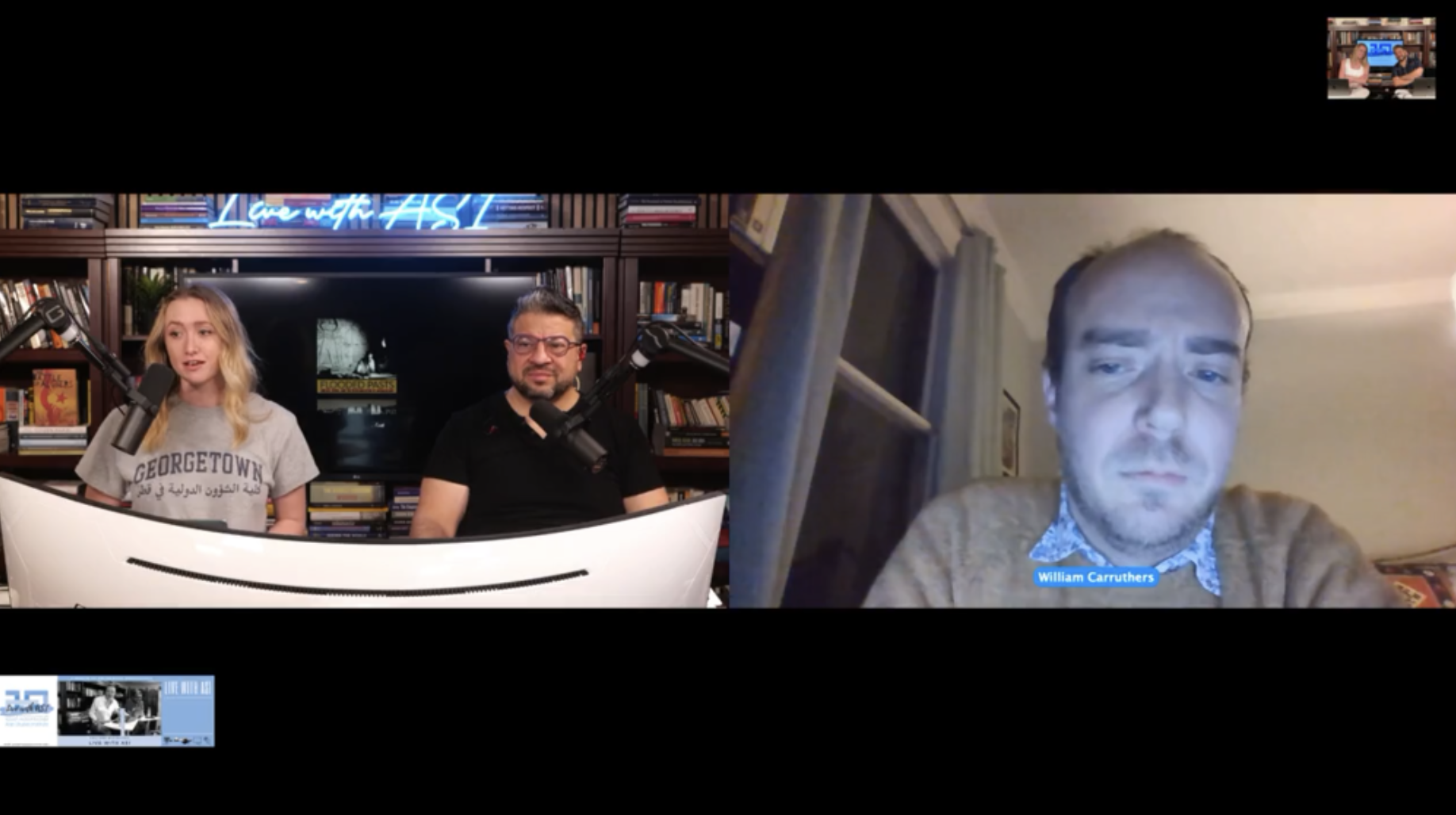
William Carruthers discussing his work with MK and Bassam.
Current Events
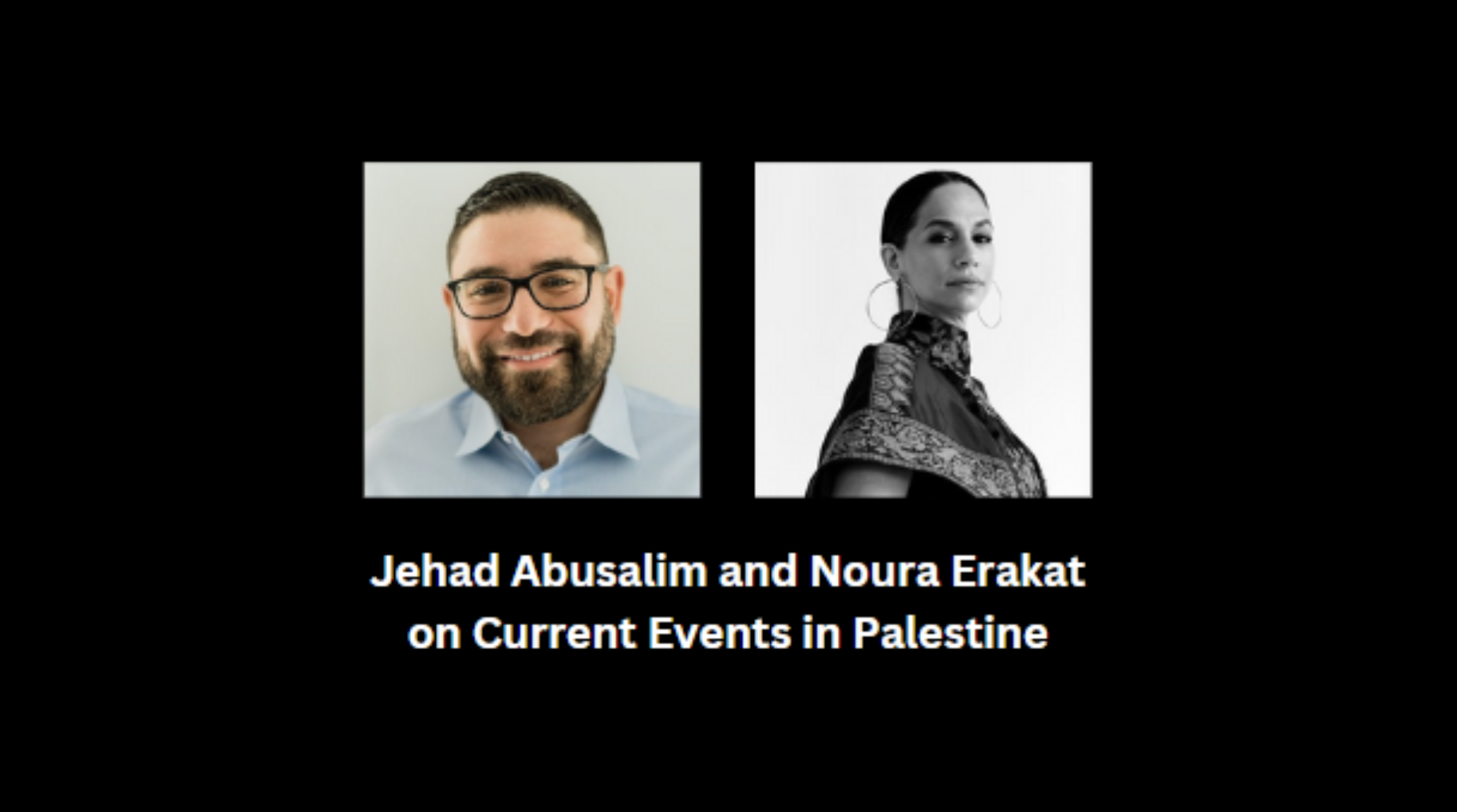
Researcher and PHD candidate Jehad Abusalim and Jadaliyya Co-Editor Noura Erakat joined the broadcast to discuss some of the latest developments in Palestine. Jehad spoke on the cyclical nature of Israeli violence in the West Bank, while Noura provided some insight into western media coverage of what has been happening in Jenin, Nablus and elsewhere. Important context for the troubling events in the West Bank.
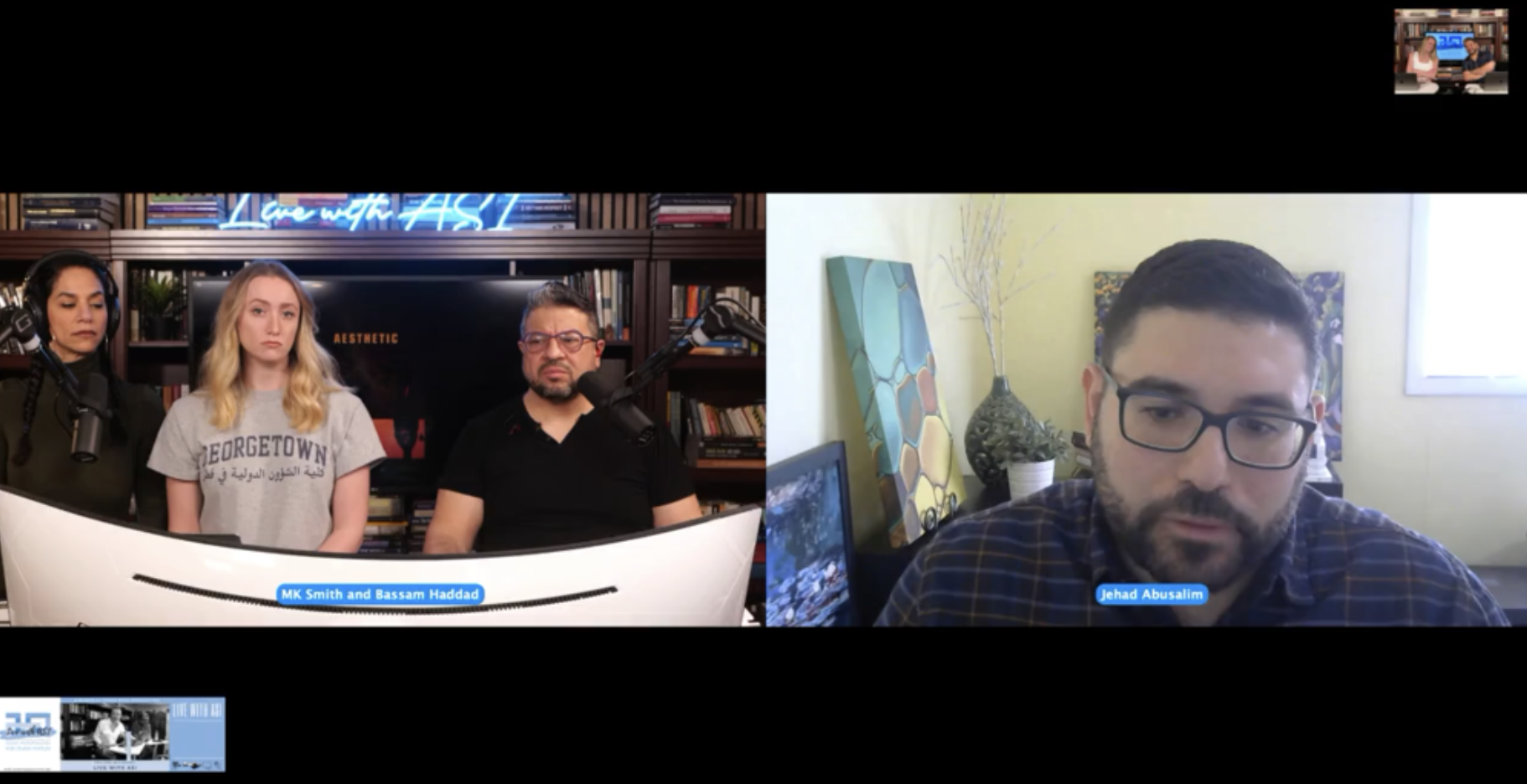
Jehad Abusalim and Noura Erakat sharing their thoughts on the situation in Palestine.
Morocco and Football
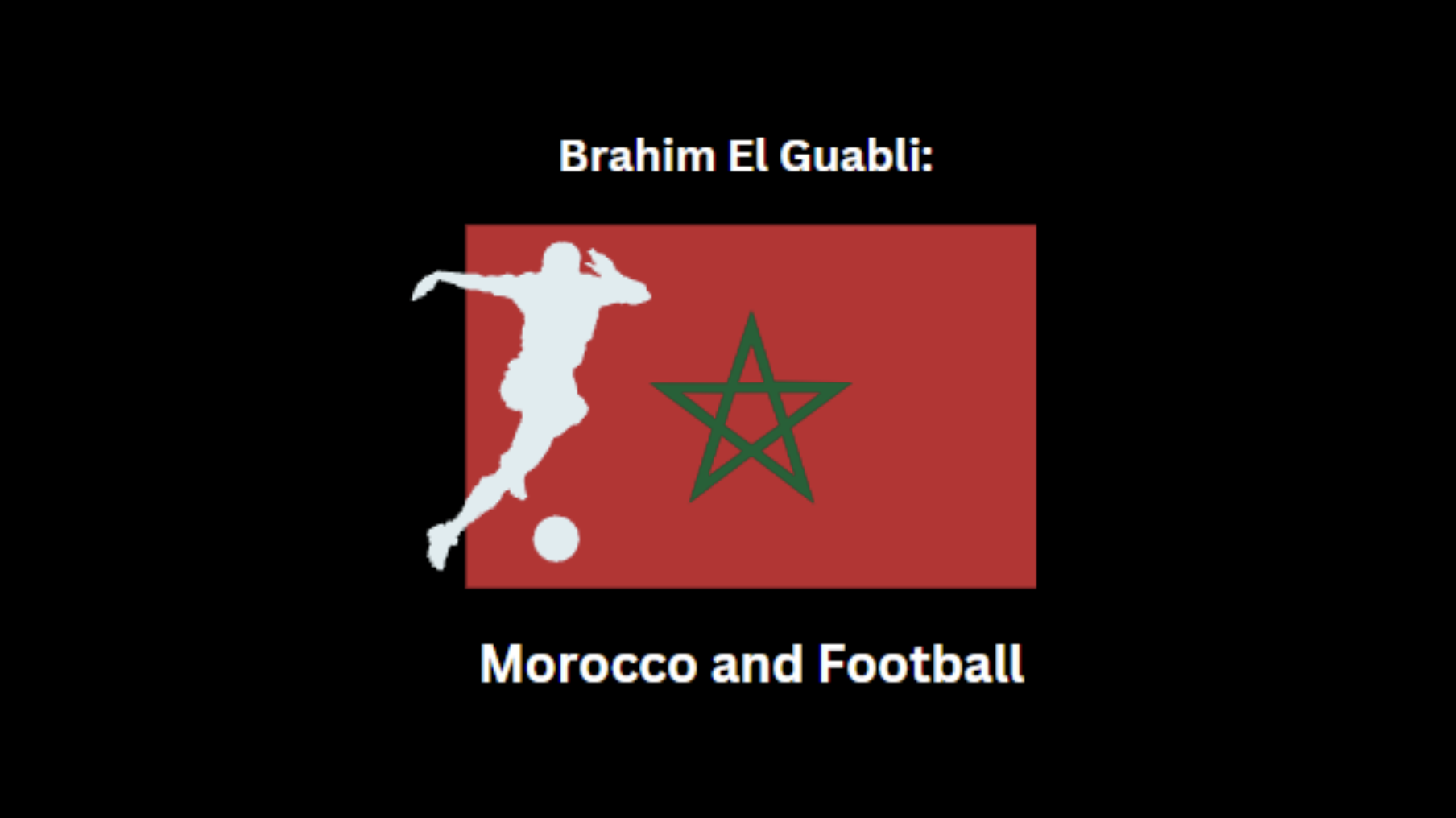
Brahim El Guabli is a Moroccan scholar and Assistant Professor of Arabic Studies at Williams University. In the wake of Morocco’s thrilling World Cup run, he and some colleagues have begun a dossier of online articles on Morocco, Football, and the social and political implications of the game in the region.
He took us through his experience of watching the Atlas Lions shock the footballing world, and provided us with a framework for a political analysis of what transpired before the eyes of North Africa and the Arab World.
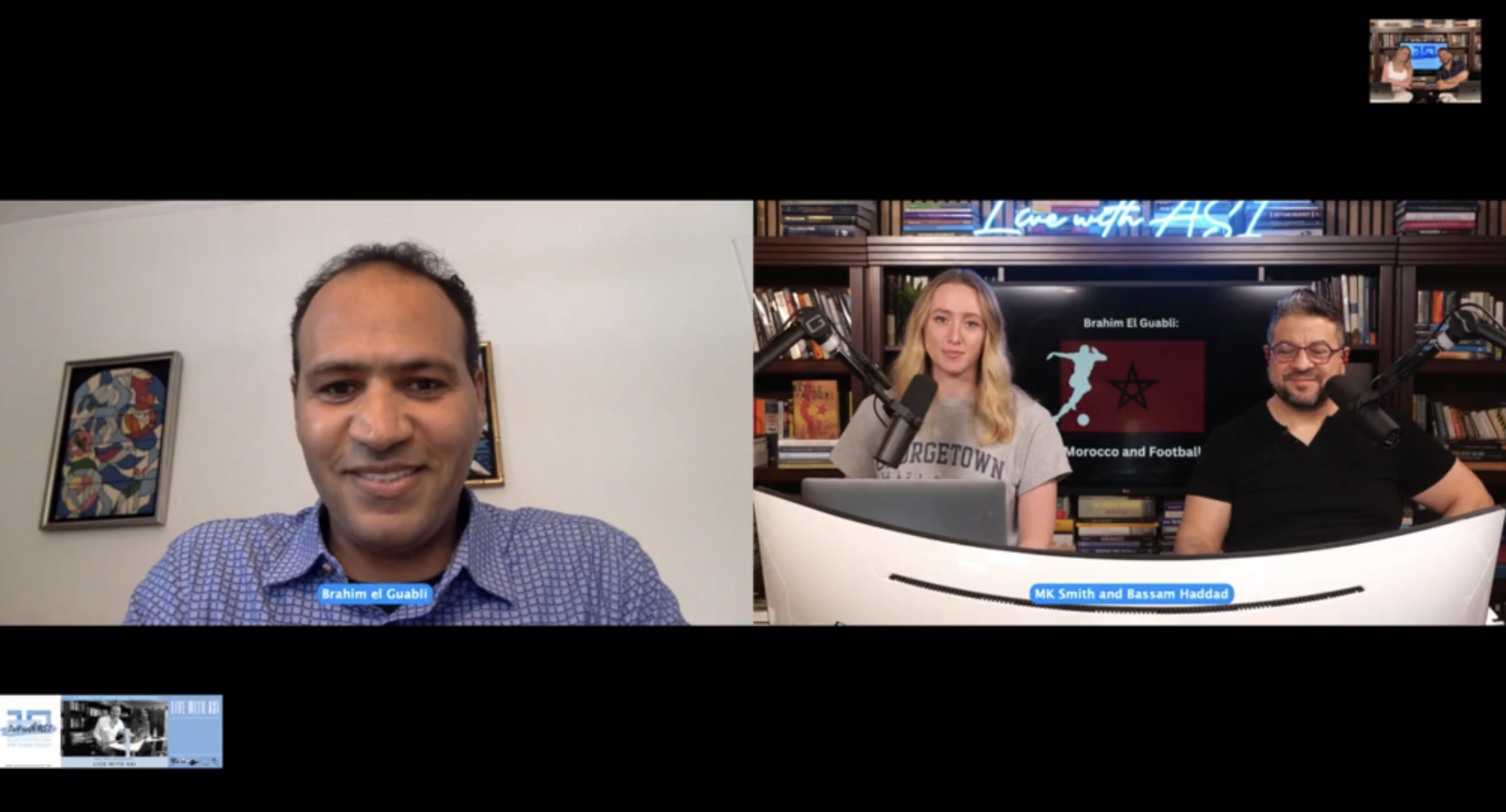
Brahim El Guabli reflecting on Morocco’s run in the World Cup.
STATUS
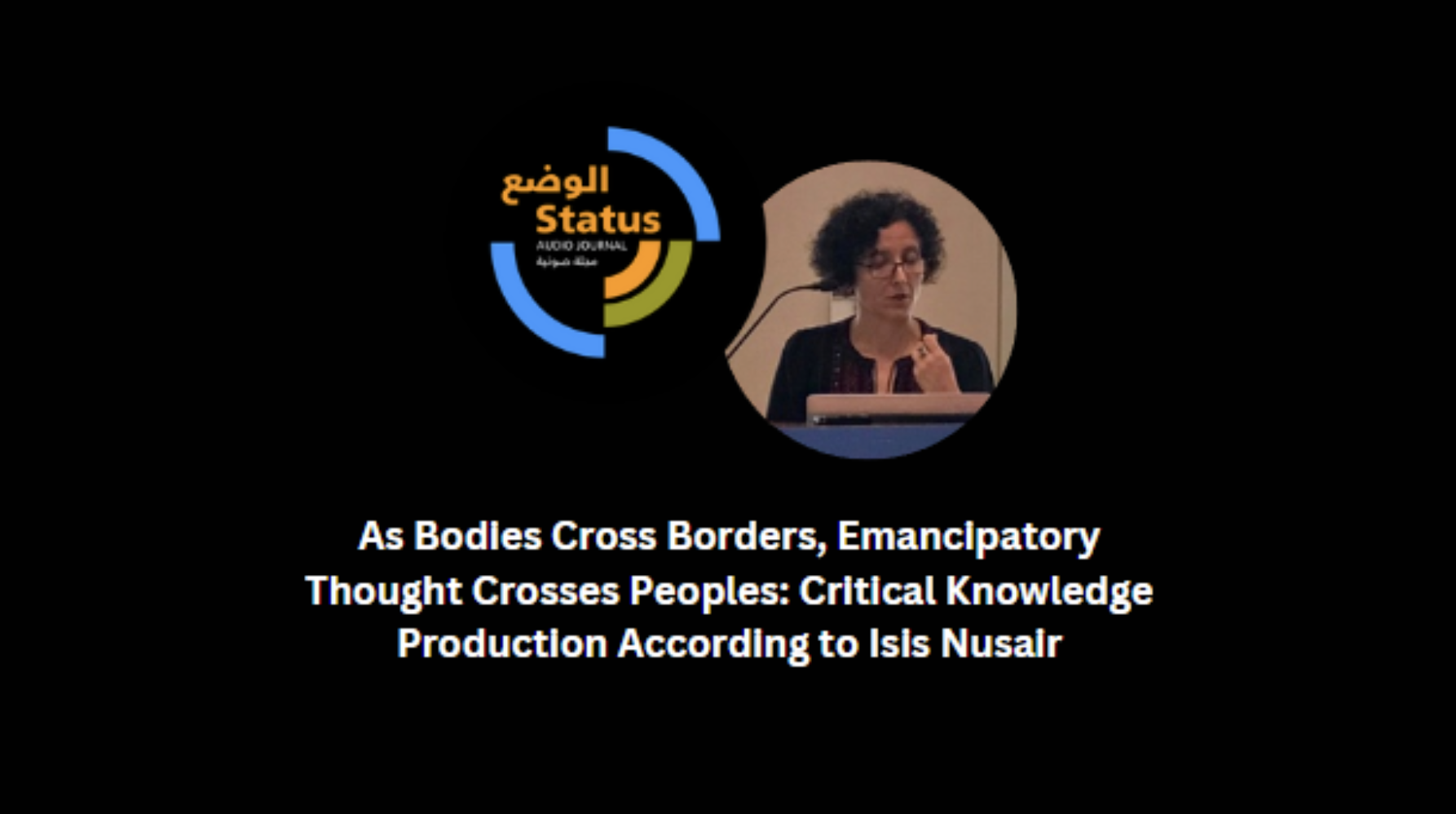
Recently, Professor Isis Nusair, who is an Associate Professor of Women’s Studies and International Studies at Denison University, spoke with Samah Abbas at Status Hour about the most important critical stages in her life, affected by global and local political events which turned into a drive and passion to employ knowledge to serve social justice.
Prof. Isis believes that the production of critical knowledge about Palestine can transcend the geographical and national borders of Palestine, and that it is more effective when intersecting with the struggles of other oppressed peoples around the world. She joined Live With ASI to discuss the importance of placing the Palestinian struggle in an internationalist and intersectional context.
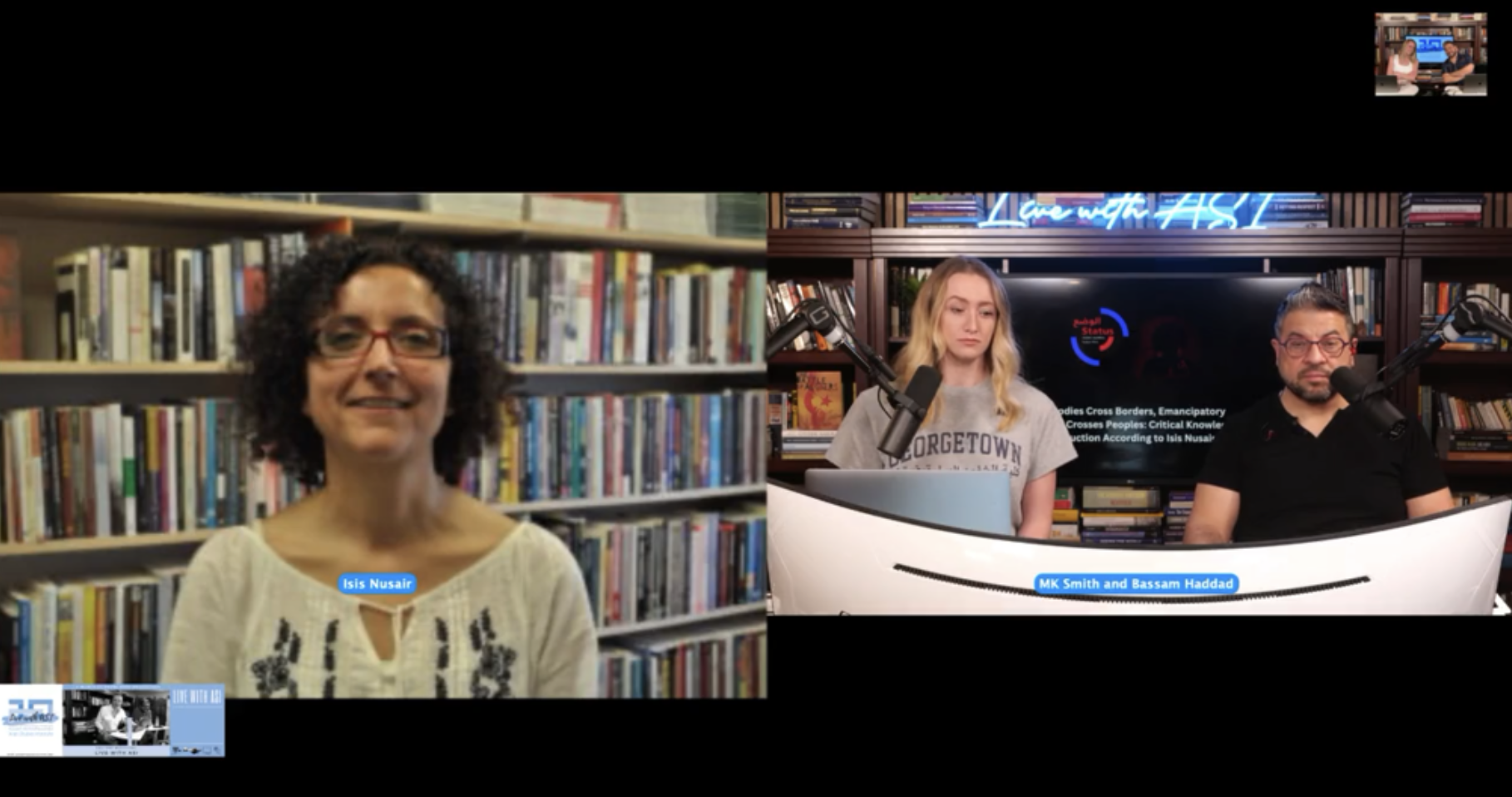
Isis Nusair in conversation with MK and Bassam.
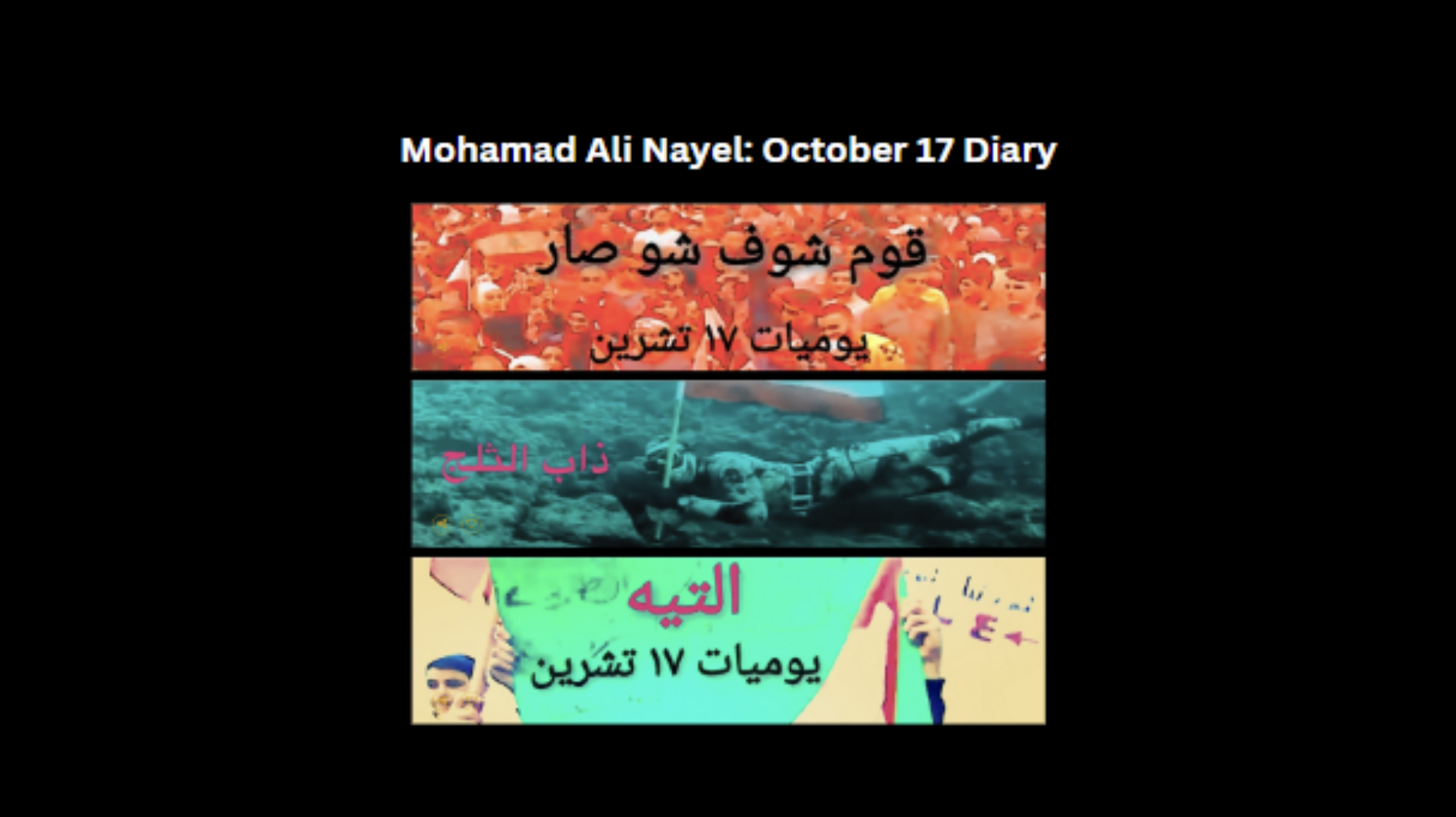
Mohamad Ali Nayel is host of the October 17 Diary series at Status Hour. This series takes place during the days of the uprising and the economic collapse that struck Lebanon in the Fall of 2019. At that time, Mohamad kept a diary in which he wrote down what was happening. Three years later, he recorded these diaries or episodes on a daily basis with the addition of a few voices and music that was composed to accompany the narration.
He spoke with MK and Bassam about the newest segments in the series, as well as his memories of, and reflections on, that time . A great listen if you want to understand more about Lebanon as it is today, nearly four years later.
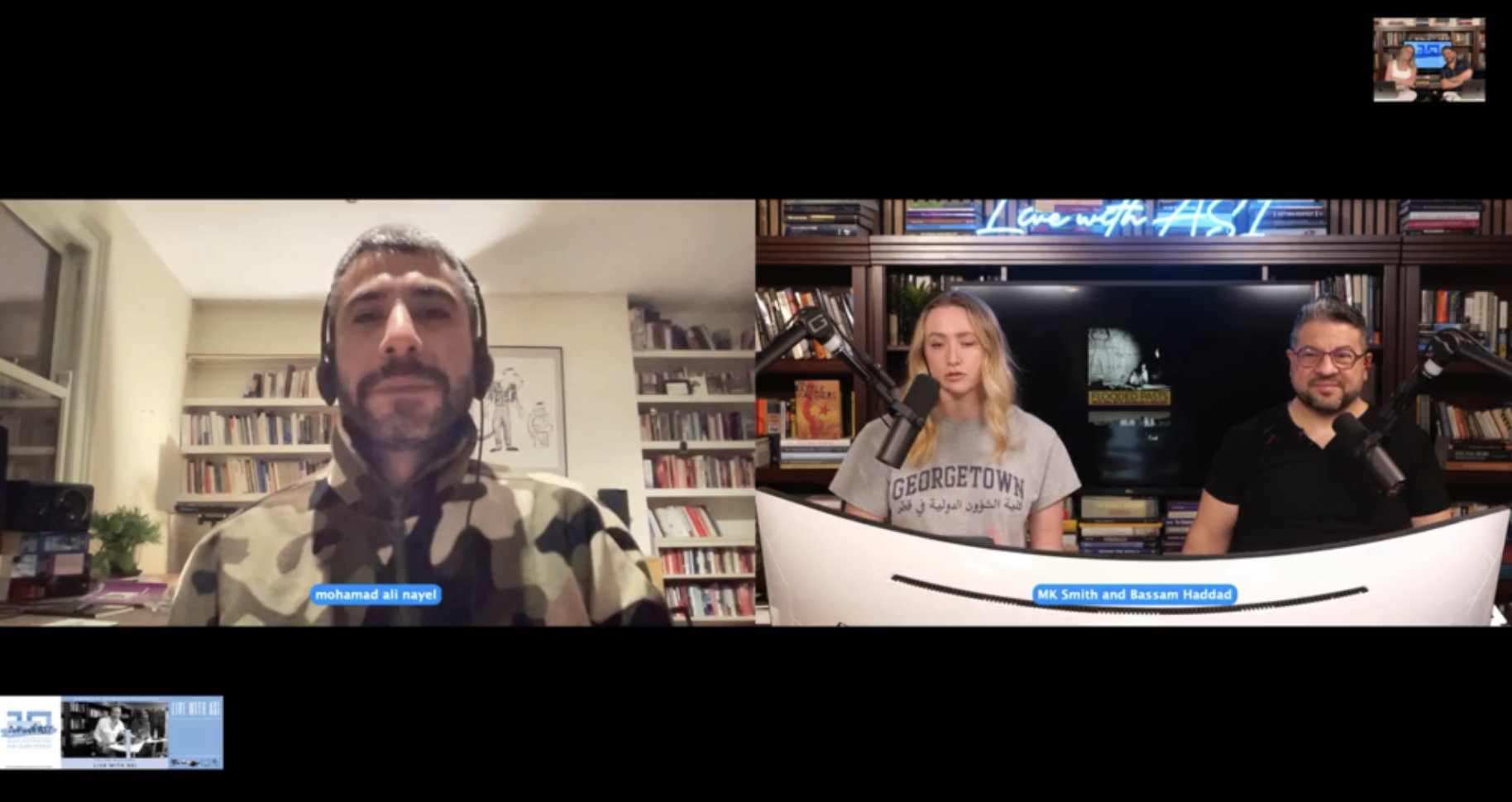
Mohamad Ali Nayel takes us through his recollections of Lebanon in October 2019.
-
Mohamad Ali Nayel, October 17 Diary - Week One: People, See What Happened
-
Mohamad Ali Nayel, October 17 Diary - Week Two: The Snow Melted
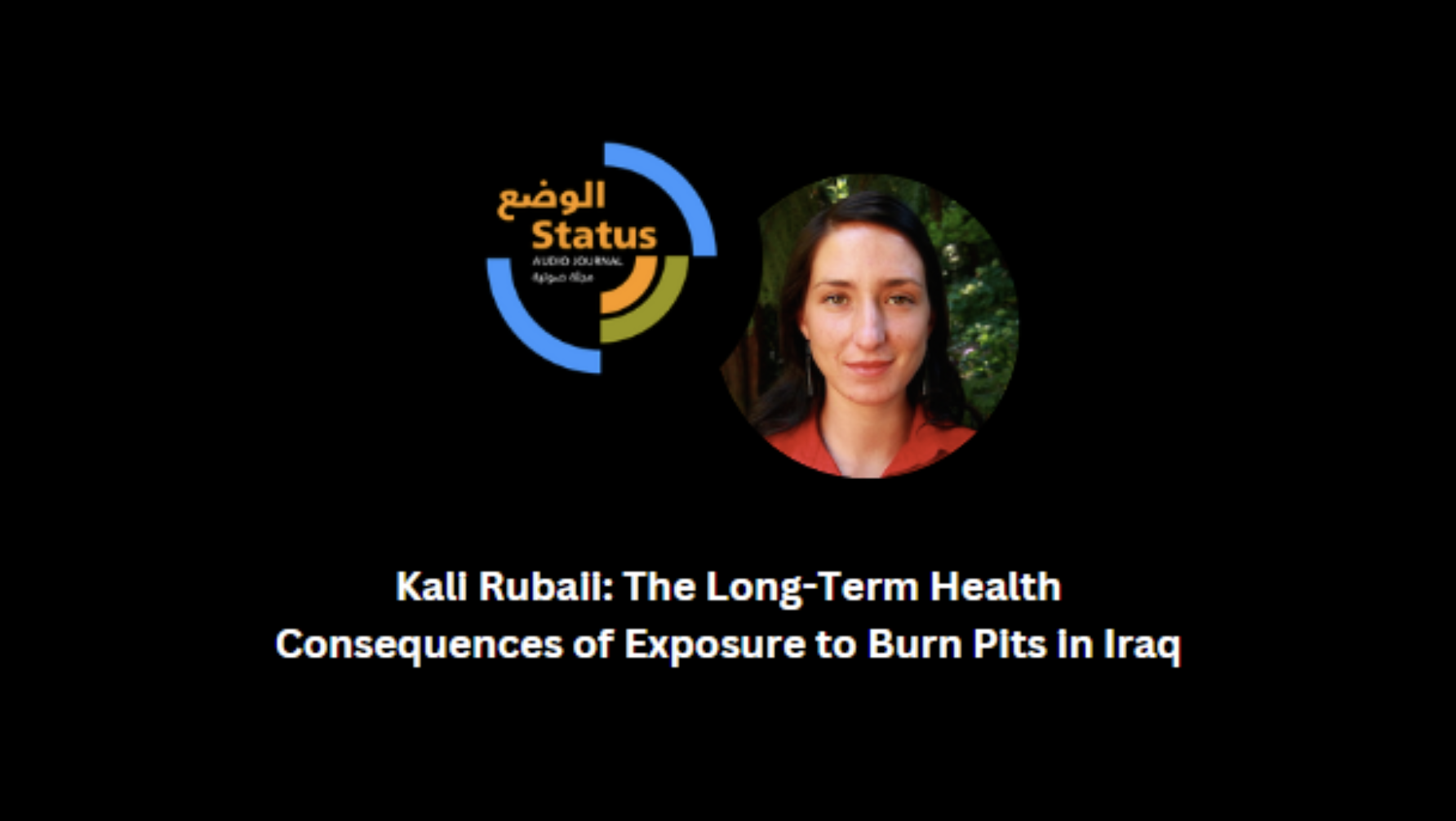
In August 2022, U.S. President Joe Biden signed an act expanding benefits and healthcare to U.S. veterans exposed to toxins in burn pits. Kali Rubaii, Assistant Professor of Anthropology at Purdue University, asks what about Iraqi exposure to burn pits?
She addressed that question and more in a recent interview at Status, and then recorded another interview with Bassam to discuss it, which we showed during the Live broadcast.Rubaii has worked closely with Iraqi families since 2009, leading a team of doctors, epidemiologists and activists to conduct a case control study among families experiencing birth defects that may be linked to burn pits and bombings. Tune in to hear about Kali’s remarkable efforts.
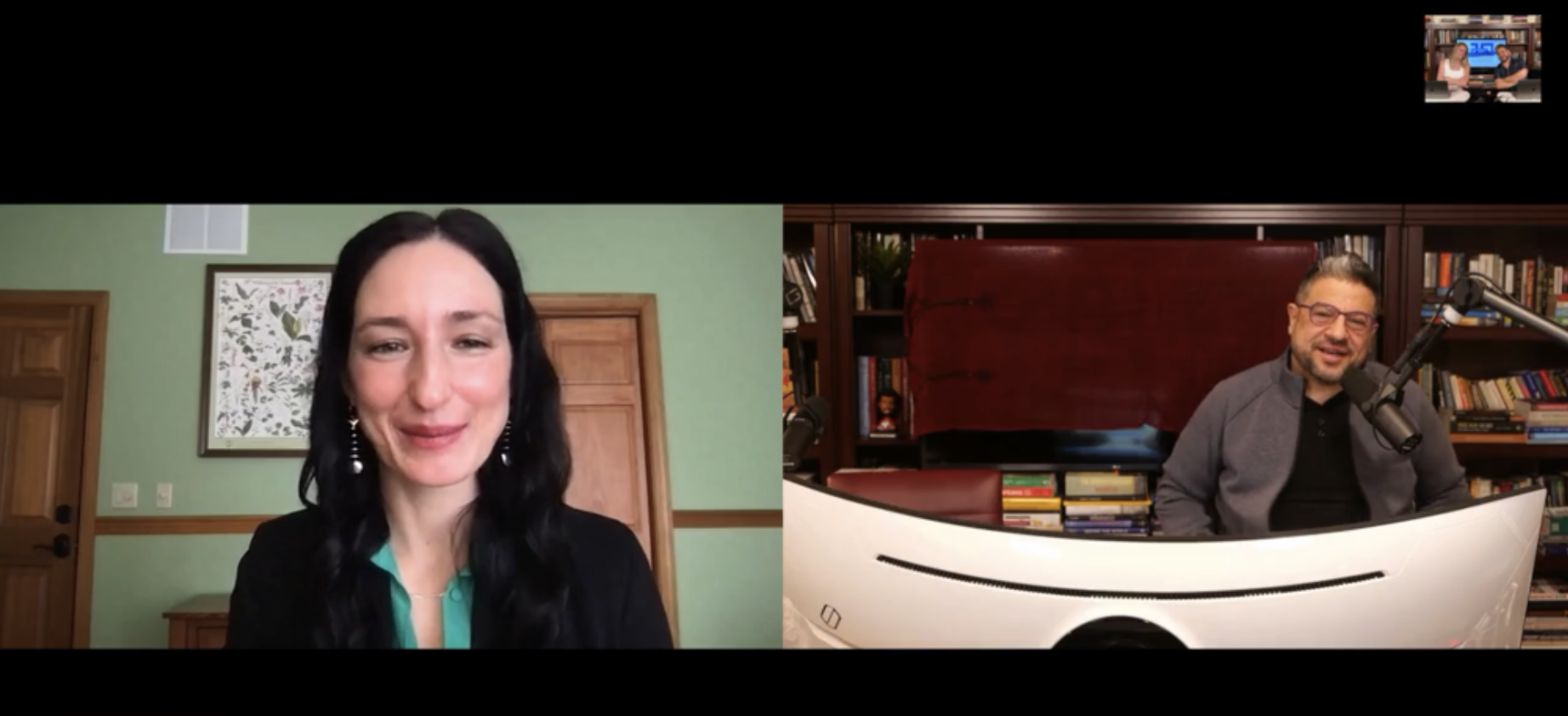
A pre-recorded interview with Kali Rubaii where she discusses her work in Iraq.
Connections
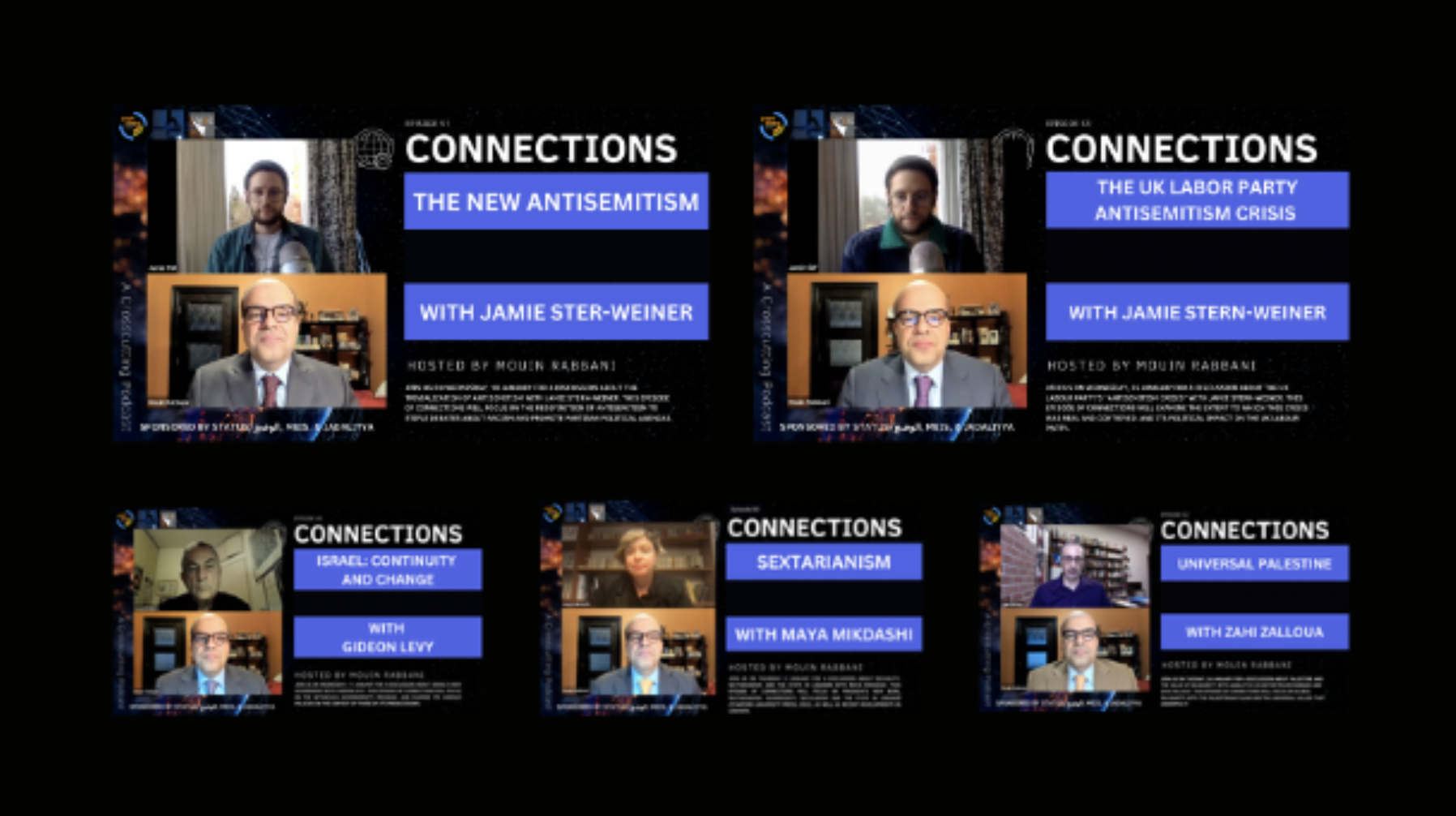
Last month was a busy month forJadaliyya Co-Editor Mouin Rabbani, who was hard at work publishing FIVE great episodes of Connections Podcast. In case you’re not already familiar, the Connections Podcast combines journalism, analysis, and scholarship to offer timely and informative interviews on current events and broader policy questions, as well as themes relevant to knowledge production.
As always, Mouin brings us timely and incisive discussions on urgent matters, and over the course of the last month, covered topics ranging from issues in the UK Labour party, to Palestine to the politics of gender and their overlap with sectarianism in the region.
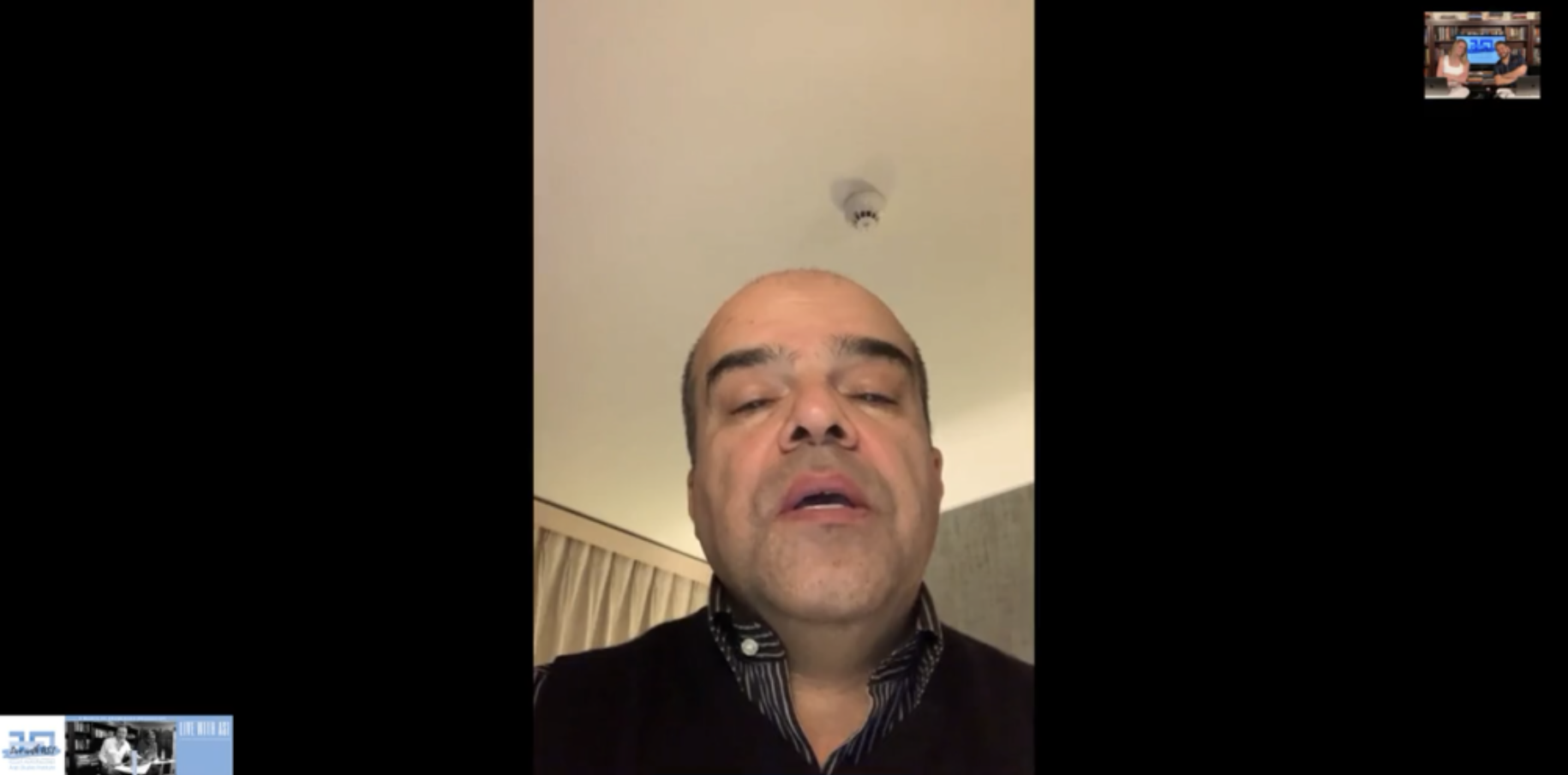
Mouin Rabbani on the latest work at the Connections podcast.
-
Connections Episode 53, The UK Labour Party Anti-Semitism Crisis
-
Connections Episode 48, The International Court of Justice and Palestine
Must Reads
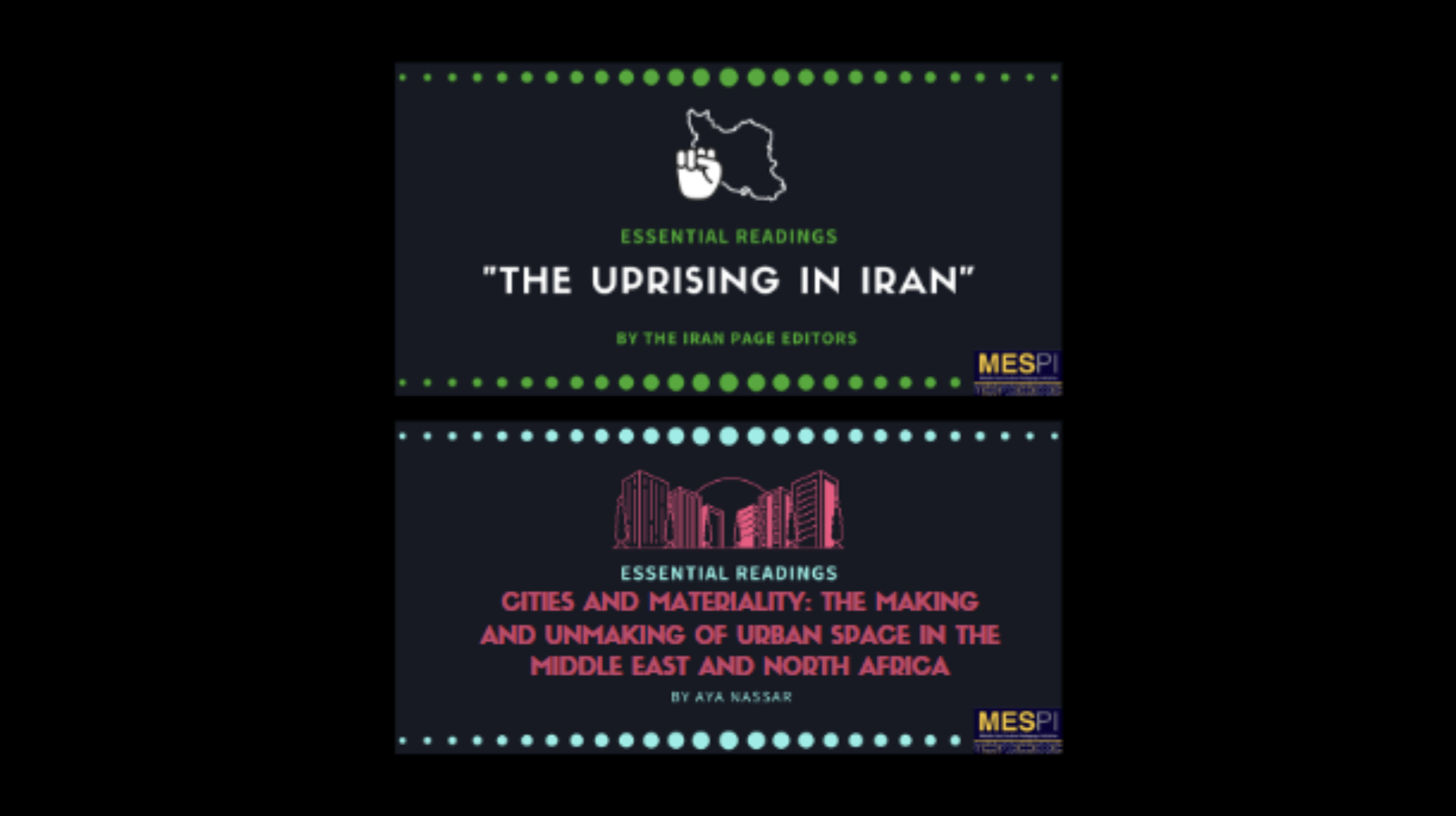
The Middle East Studies Pedagogy Initiative has put out two new installments of Essential Readings, which is a series that invites experts to create “essential reading lists” covering various perspectives in a particular field. The first installment deals with the 2022 uprising in Iran, while the second Essential Reading is part of a larger series exploring the questions of urbanism and spatial production across the region.
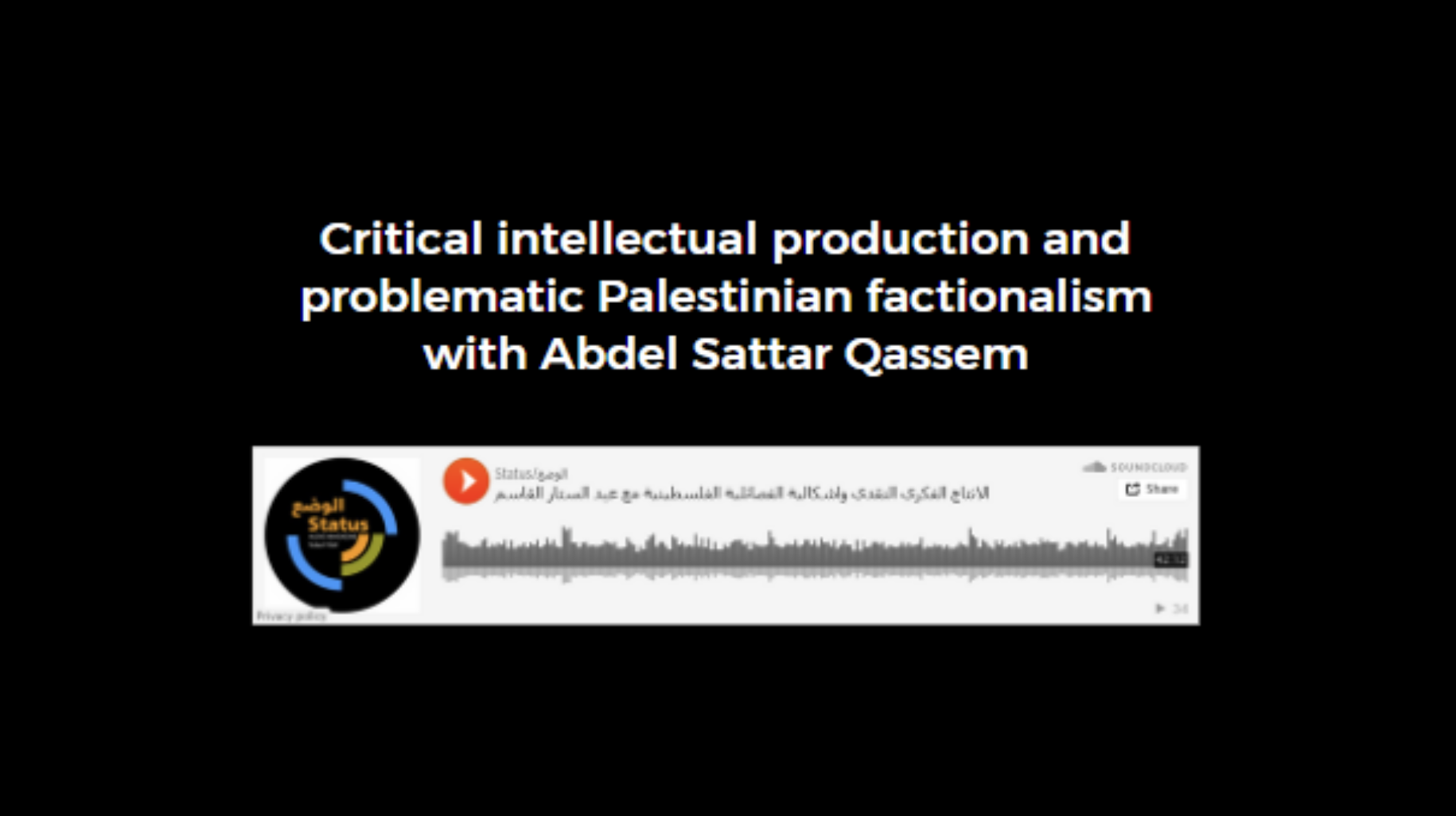
MK and Bassam also shared a “must listen” over at Status Hour, where Lecturer and Researcher Lubaba Sabri had a discussion on factionalism and critical knowledge production with Palestinian activist and professor Abdel Sattar Qassem, which was conducted a few months before his passing in 2021.